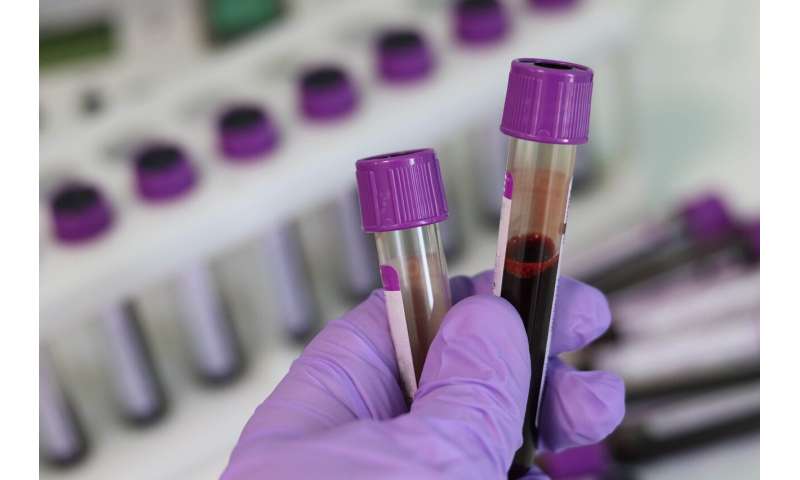
New work by a leading team of diabetes researchers has discovered how to target a problematic protein to help prevent kidney damage and significantly slow disease progression.
The findings from the University of Lincoln, which could have major implications for diabetes sufferers around the world, come as we mark Diabetes Week 2020 (8th-14th June) to raise awareness of the condition that affects one in 15 people living in the UK.
Led by Dr. Claire Hills from Lincoln’s School of Life Sciences, the research explores a key cause of chronic kidney disease (CKD), which represents a growing health crisis currently affecting around 10% of the global population.
“Recent studies have linked certain forms of kidney disease to proteins called connexins, which normally help to facilitate communication between kidney cells. If these connexins fail, signaling molecules spill into the organ and set off a chain of events that can ultimately lead to kidney failure. One connexin—called Cx43—actually makes the whole situation worse, so our new research set out to effectively block Cx43,” said Dr. Hill. “By providing insight into the initiating trigger for early injury in chronic kidney disease, we expose the tantalizing prospect that by altering the tone of conversation between cells we could prevent kidney damage and slow disease progression.”
The team was successful in blocking Cx43 with another protein—Peptide 5—and significantly reducing its negative effects on human kidneys. Their results improved human kidney cells exhibiting signs of disease, reducing the molecular “leakiness” caused by Cx43 and even restoring cell function.
These findings are published in the scientific journal Cell Communication and Signaling.
Fellow Lincoln researcher Professor Paul Squires explained: “This work shows how we used Peptide 5 to block small holes that appear in the outer layer of kidney cells in people with diabetes. By blocking these holes and reducing the release of ‘bad signals’ from the kidneys, we can control how cells talk to each other and decrease the amount of inflammation that can normally be seen in chronic kidney disease.”
He added, “We are delighted that our results point to a druggable target for patients with CKD and offer hope of a potential new treatment in the future.”
Source: Read Full Article
